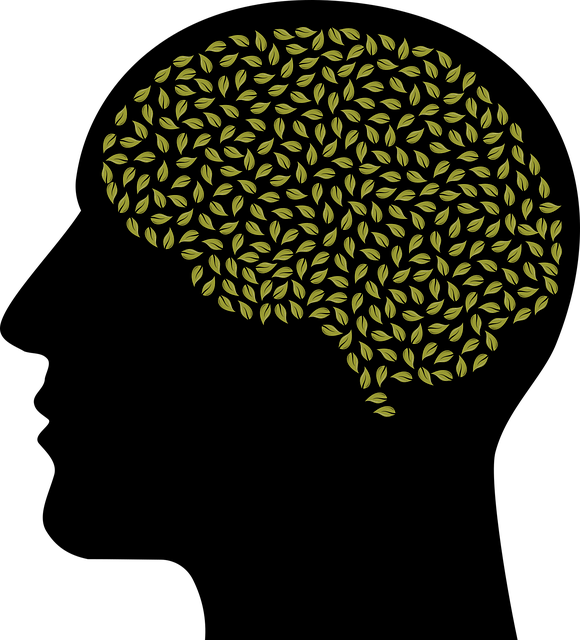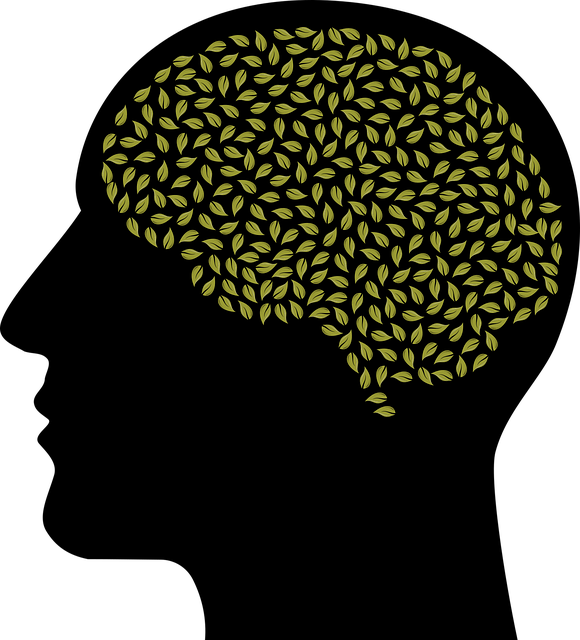Social Skills Training (SST), tailored for therapy for Hebrew speaking individuals with mental health conditions, offers a culturally sensitive and empowering approach using Cognitive Behavioral Therapy (CBT) and Emotional Intelligence (EI). Integrating language, culture, and personal experiences, SST provides practical tools for self-care, improved communication, and healthier relationships. Through role-playing, group discussions, and crisis intervention guidance, it fosters resilience, eases stress, enhances well-being, and cultivates a sense of belonging within the community. Trained professionals are crucial to effectively addressing specific challenges like depression prevention, ultimately building confidence and resilience.
Social skills training is a powerful tool for individuals with mental health conditions, offering specialized support tailored to their unique challenges. This article explores how this targeted therapy benefits Hebrew-speaking individuals, addressing social isolation and improving overall well-being. We delve into effective strategies, from cognitive-behavioral techniques to role-playing exercises, empowering those seeking growth and connection. Unlock your potential through understanding the transformative power of social skills development in a culturally sensitive environment.
- Understanding Social Skills Training for Mental Health Conditions
- The Benefits of Specialized Therapy for Hebrew Speaking Individuals
- Effective Strategies and Techniques for Social Skills Development
Understanding Social Skills Training for Mental Health Conditions

Social Skills Training (SST) is a form of therapy designed to help individuals with mental health conditions navigate and improve their social interactions. This evidence-based approach recognizes that many mental health struggles can isolate people from social support networks, exacerbating existing symptoms. SST provides practical tools for self-care practices, encouraging healthier relationships and effective communication strategies.
For Hebrew speaking communities, access to specialized therapy like SST is invaluable. It offers a safe space for individuals to learn and practice skills crucial for building resilience against mental health challenges. Through role-playing scenarios, group discussions, and crisis intervention guidance, participants develop confidence in their ability to manage stress and navigate social situations with greater ease. This not only improves overall well-being but also fosters a sense of belonging and connection within the community.
The Benefits of Specialized Therapy for Hebrew Speaking Individuals

For Hebrew speaking individuals dealing with mental health conditions, specialized therapy offers a unique and beneficial approach to healing. One of the key advantages is the ability to communicate openly and comfortably in their native language. This creates a safe space where cultural nuances and personal experiences can be seamlessly integrated into the therapeutic process. When seeking therapy for Hebrew speaking individuals, trained professionals who understand both the mental health landscape and the Hebrew language are essential.
This specialized care extends beyond translation services, delving into self-care routine development for better mental health and self-awareness exercises tailored to cultural contexts. By addressing specific challenges faced by this demographic, such as depression prevention, these therapeutic interventions foster a deeper sense of understanding and empowerment. Ultimately, it allows individuals to navigate their mental health journeys with increased confidence and resilience.
Effective Strategies and Techniques for Social Skills Development

Social Skills Training plays a pivotal role in enhancing the lives of individuals with mental health conditions. For Hebrew speaking clients, tailored therapy approaches that incorporate cultural sensitivity are key to successful outcomes. Cognitive Behavioral Therapy (CBT) techniques have proven effective for building social skills by identifying and changing negative thought patterns that may hinder interaction. Through structured exercises, clients learn to navigate social situations with increased confidence and reduced anxiety.
Emotional Intelligence (EI), a critical component of social skills development, is fostered through mindfulness practices and emotional awareness training. These techniques empower individuals to recognize their emotions and those of others, facilitating more empathetic connections. Additionally, teaching effective communication strategies, such as active listening and nonverbal cues, enhances interaction quality. Promoting emotional well-being through these methods not only improves mood management but also creates a supportive environment conducive to building meaningful relationships.
Social skills training, tailored specifically for individuals with mental health conditions and offering support in their native language, proves to be a potent tool for improvement. For Hebrew-speaking individuals, specialized therapy can break down barriers and foster meaningful connections, enhancing their overall well-being. By combining understanding with effective strategies, this approach offers a comprehensive path towards navigating social interactions more confidently and successfully.












